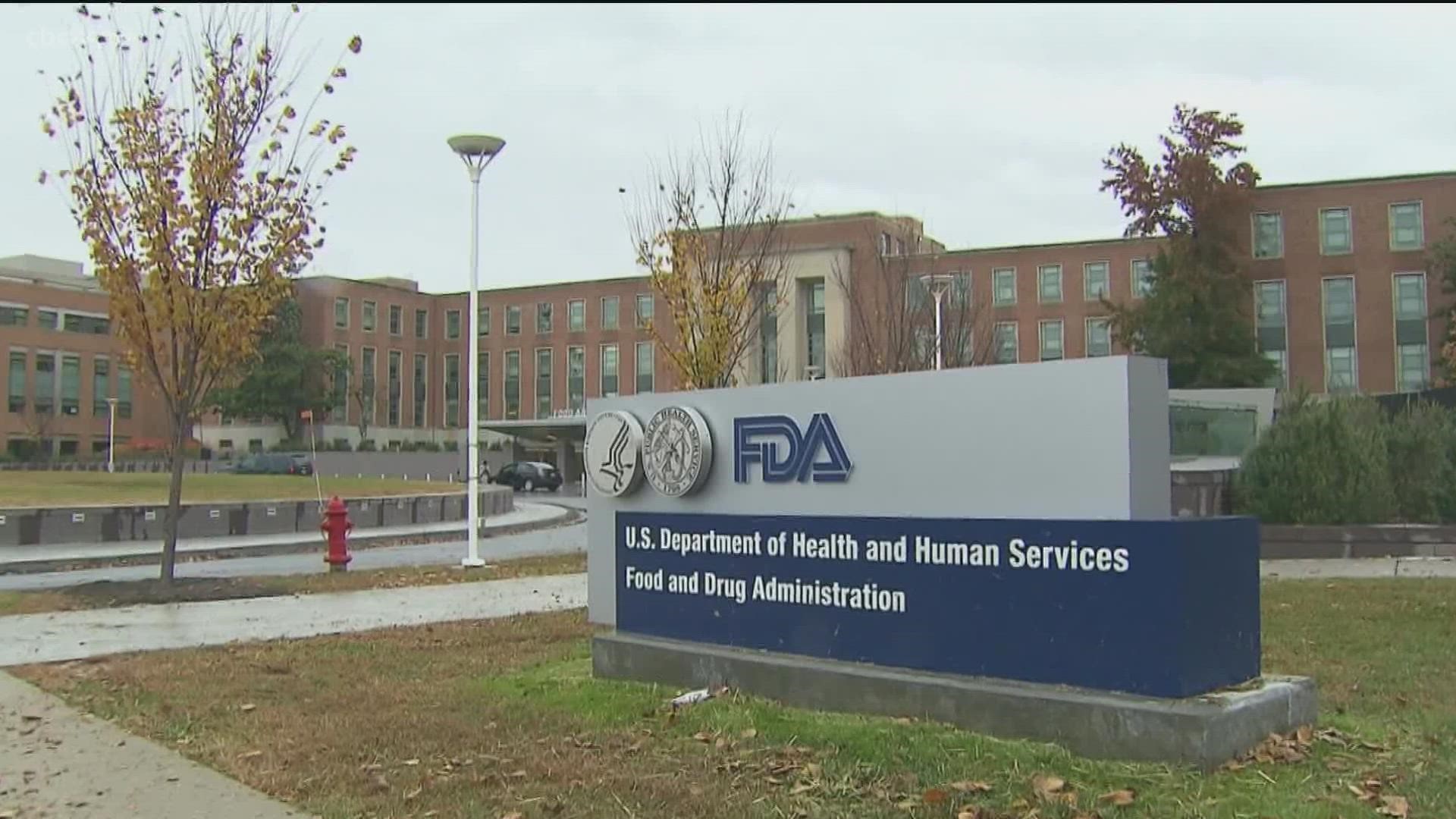SAN DIEGO COUNTY, Calif. — This week, the Centers for Disease Control and Prevention announced people over the age of 50 should get a second booster shot.
It comes as a new Omicron subvariant, known as BA.2, is now the dominant strain in the United States.
With a surge in cases expected, some doctors say the booster recommendation was made in hopes of making sure it doesn’t put a strain on our hospital system.
"We do that in medicine a lot. There are a lot of times that we do things preventatively, so this isn't unprecedented," said Sharp Rees-Stealy family medicine Doctor Abisola Olulade.
Dr. Olulade says she's not surprised by the timing of the CDC's recommendation that people over the age of 50 who received an initial Moderna or Pfizer booster dose at least four months ago are now eligible for another shot of either vaccine.
The public health agency also said adults who received a primary vaccine and booster dose of Johnson & Johnson's COVID-19 vaccine at least four months ago may now receive a second booster dose of either the Moderna or Pfizer COVID-19 vaccine.
It comes on the same day the Food and Drug Administration authorized the second booster doses, and as the BA.2 version of Omicron has now emerged as the dominant Coronavirus variant in the United States.
"It's actually a lot more contagious so anywhere between 30 to 60% more contagious. What we've seen in most cases, it only causes mild illness so maybe a cold and you're better in a few days. That's not the case for everyone especially the unvaccinated," said Dr. Olulade.
While recent COVID case numbers from the county haven’t identified the strain each case is, Dr. Olulade she and others in her field are preparing for a surge in BA.2, saying local wastewater testing shows it's here and spreading.
"What we're seeing from our wastewater is that BA.2 which is the subvariant is actually now dominant essentially and it can be confusing because when you look at those case numbers you're not seeing that. We have to remember that when we see a case it takes a while to do sequencing and that can lag," said Dr. Olulade.
Dr. Olulade says for now, only those who are authorized to do so should get a second booster shot.
In addition to those 50 and up, the CDC says people who are immunocompromised should get a second booster dose as well.
She expects to requirements will expand by the fall.
WATCH RELATED: How COVID-19 impacted women-own businesses in San Diego (March 2022)

